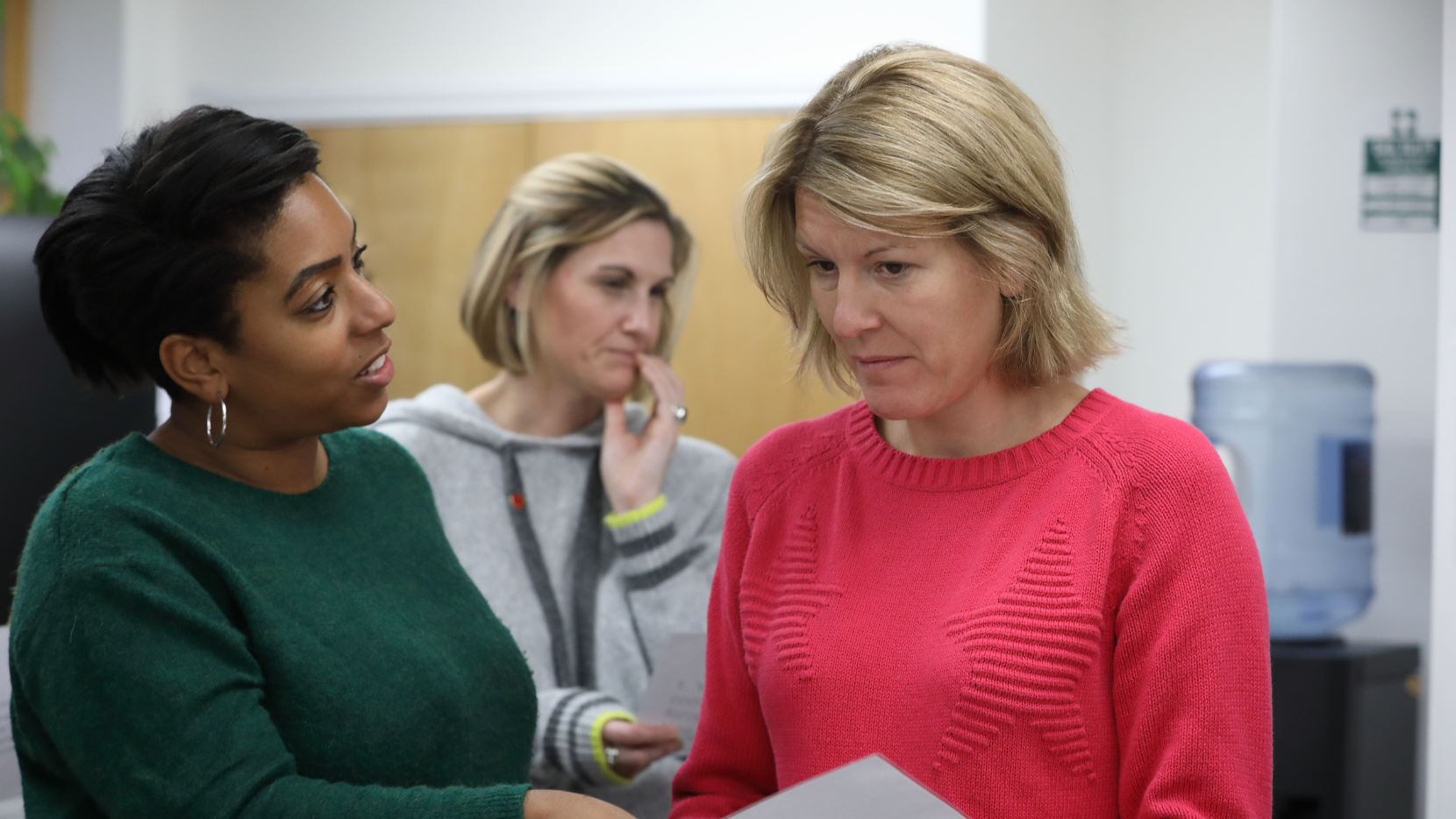ENG26A
Block 1: 24th – 27th February 2026
Time: 9:30 am – 4:30 pm
Location: Online – Zoom
Welcome to our brand new website, providing you with easier access to our training, research and resources!

It’s vital that domestic abuse professionals address the safety of victims, ensure children are appropriately supported and increase accountability and responsibility of perpetrators, so more families can become safer sooner.
Our Engaging with those who harm training aims to:
Our Engaging with those who harm training aims to build confidence and skills in responding directly to the perpetrators of domestic abuse. This includes extending existing professional competencies in holding them to account, assessing their readiness to engage in in-depth specialist behaviour change work, and effectively using referral pathways to access those interventions.
Data suggests victims still living with the perpetrator will experience abuse for six years before they get effective help – that’s double the time that it takes for those who are not living with the perpetrator. Too often we ask, ‘why don’t you leave?’ when the reality is much more complicated and there may be reasons why someone remains in an abusive relationship.
It’s vital that domestic abuse professionals address the safety of victims, ensure children are appropriately supported and increase accountability and responsibility of perpetrators, so more families can become safer sooner.
Our Engaging with those who harm training is based on Engage, an organisational framework and set of practical resources for working with individuals perpetrating domestic abuse. Engage is a behaviour management model developed by Emily Alison (behavioural psychologist) and piloted, delivered and evaluated by Cheshire Without Abuse and SafeLives’ ‘Beacon’ sites. This training has been piloted in multiple settings and contexts across the UK.
Previous learnerExceptional training with lots of experience in the room and expertise of the trainers - lots of understanding gained about the long term effects of DA on children and how this is long term and can negatively impact on perpetrators so that abuse is ongoing and can scan several generations
The Engaging with those who harm Specialist course comprises 4 days online training, delivered in four consecutive days; e-learning modules which must be completed prior to attending each block of training; and the completion of one assessed worksheets that is submitted online.
You must attend all 4 days.
The list below provides guidance on recommended study time you should allow:
Our Engaging with those who harm Specialist course is available to practitioners who meet the following eligibility criteria:
1. Anyone with a current, active caseload supporting those who use harmful behaviour. This is to ensure that you have a variety of cases for practice reflection as part of your assessment.
2. Has a line manager or equivalent supervisor within an appropriate organisation. They should confirm your application details and support you for the duration of the course and whilst you are completing the worksheets.
To promote diversity and widen our learners’ network, we generally limit the number of successful applicants from the same organisation admitted to one course to two spaces. Please consider this before you apply to avoid any disappointment.
Previous learnerAs a child protection social worker I often complete one to one work with perpetrators and I now feel able to identify core values and use this to unpick abusive behaviour whilst building rapport. The motivational interviewing skills were really useful and how to empower perpetrators to make meaningful changes rather than simply 'isolating and separating' which as a social worker I have encouraged in the past and not completed further work with a perpetrator
£845 per learner.
We’re pleased to offer a limited number of subsidised spaces for learners wishing to train with us. The reduced fee spaces are allocated by random selection from the pool of successful applicants who qualify. Please ensure that you complete the application as fully as possible as the answers provided on the application will be used to determine eligible learners.
Applications for the Engaging with those who harm Specialist course are now open, if you are unable to make any of the current available course dates please register your interest below and we’ll contact you to advise when future dates are confirmed.
Register your interest in future training
We welcome learners of all backgrounds and abilities. We encourage you to share with us any details on accessibility and diversity needs so we can ensure the right support is in place. You can also contact the training team if you have any queries via [email protected].
Block 1: 24th – 27th February 2026
Time: 9:30 am – 4:30 pm
Location: Online – Zoom
Sign up to receive our monthly newsletters about the latest training, events, research and fundraising initiatives at SafeLives. Together, we can end domestic abuse, for everyone, for good.